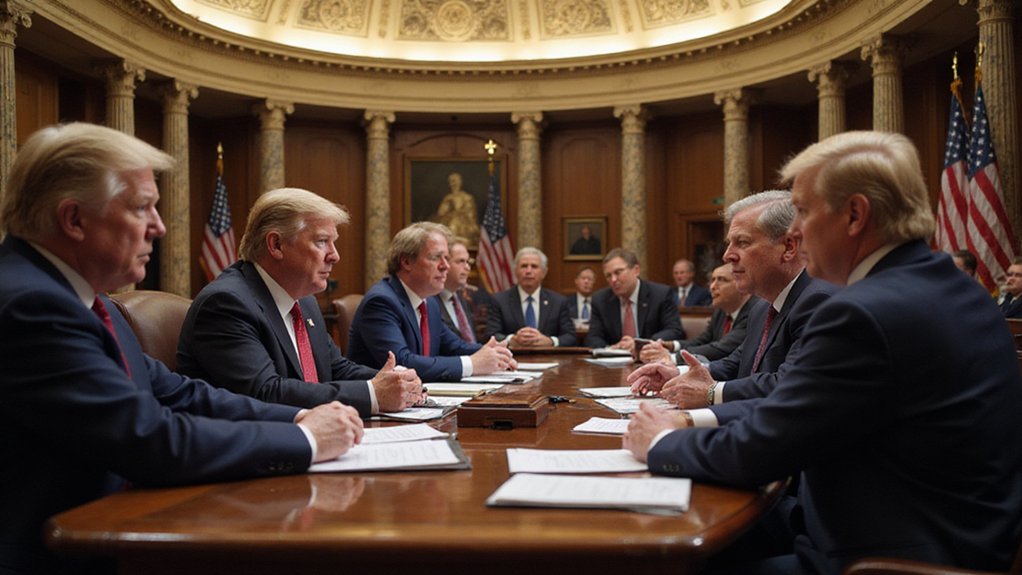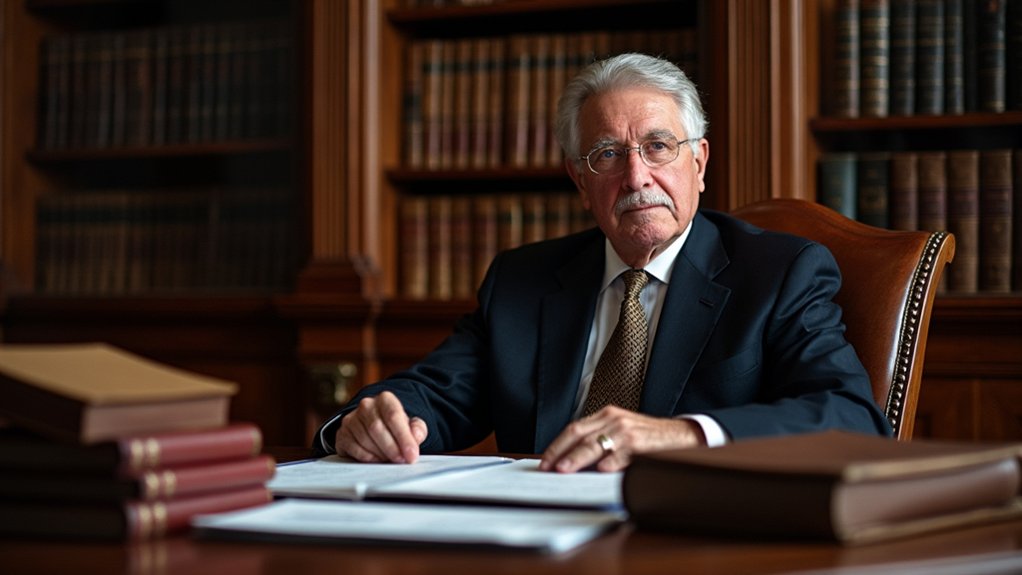In a regulatory landscape where crypto exchanges have historically operated in jurisdictional gray areas—often resembling elaborate games of regulatory hopscotch—Bitvavo has achieved what many considered an inevitable yet significant milestone: becoming the first Dutch cryptocurrency exchange to secure a Markets in Crypto-Assets (MiCA) license from the Dutch Authority for Financial Markets (AFM) on June 28, 2025.
The timing proves fortuitous, given that MiCA’s licensing window opened merely six months prior on January 1, 2025. Bitvavo‘s position among early registrants suggests either exceptional foresight or simply competent calendar management—both increasingly rare qualities in crypto’s perpetually reactive ecosystem.
The license grants Bitvavo legal operating authority across all EU member states under harmonized regulations, effectively transforming what was once a patchwork of national frameworks into something approaching coherent oversight.
MiCA’s ambitious objectives center on standardizing crypto regulation throughout the European Union while addressing the curious phenomenon of regulatory arbitrage that has characterized the sector’s adolescent years. The framework prioritizes investor protection and financial stability—concepts that, while seemingly obvious, required explicit codification in an industry where “HODL” constitutes investment advice and meme coins occasionally achieve billion-dollar valuations.
Chief Risk Officer Jeetan Patel described the licensing process as “rigorous yet efficient,” diplomatic language that likely conceals months of documentation, compliance reviews, and regulatory consultations. The constructive engagement with AFM apparently proceeded smoothly, suggesting that Bitvavo’s preparation exceeded the typical crypto firm’s approach of hoping regulatory clarity would emerge organically.
CEO Mark Nuvelstijn emphasized support for MiCA’s principles, particularly the establishment of uniform rules creating a “level playing field”—a invigorating departure from the sector’s traditional preference for regulatory shopping. The license positions Bitvavo to access over 2 million potential EU users while providing the legal certainty that institutional clients demand. The broader industry momentum becomes evident as other major exchanges including Kraken, Coinbase, and Bybit have secured their respective MiCA approvals across different EU jurisdictions.
This development represents more than administrative achievement; it signals broader acceptance of cryptocurrency within established financial frameworks. As platforms increasingly integrate AI and blockchain technology to enhance automated trading capabilities, Bitvavo’s compliance demonstrates that crypto exchanges can evolve beyond their Wild West origins into entities capable of meeting stringent regulatory requirements—assuming they possess sufficient motivation and competence to navigate the process.









